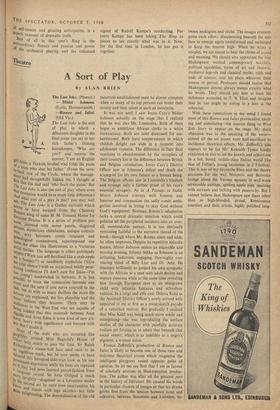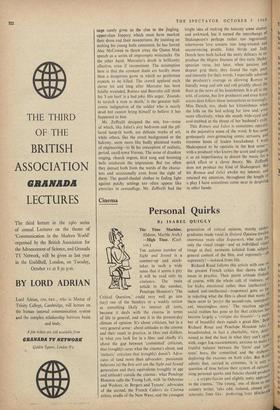SCIENCE PSYCHOLOGY ENGINEERING
Methuen & Co ltd 36 Essex Street London WC2
POLITICS ECONOMICS SOCIOLOGY HISTORY ARCHAEOLOGY GEOGRAPHY
UNIVERSITY PAPERBACKS
An established favourites among students, the books chosen for University Paperbacks will now reach a wider public in a new, stylish form.The first thirteen titles are complete and unabridged, contain the same illustrations as the original editions, and will be followed by regular releases of books of unrivalled academic reputation. These are, indeed, the Rolls-Royces of paperbacks'.
UP 1 Archaeology and Society UP 2 Form and Meaning in Drama UP 3 Greek Political Theory UP 4 A History of Political Thought UP 5 Introduction to the French Poets UP 6 Introduction to Social UP 7 Landmarks in Russian Literature UP 8 Mysticism Evelyn Underhill 12/6 UP 9 Plato: The Man and his Work UP 10 Relativity Albert Einstein 7/6 UP 11 The Sacred Wood T. S. Eliot 7/6 UP 12 The Wheel of Fire G.Wilson Knight 12/6 UP 13 William the Silent C. V. Wedgwood 12/6
available at all leading bookshops
century AD, a period for which there was no Livy or Tacitus or Plutarch. not even a Cicero or Virgil.
Like them, Gibbon is still read today, and for
the same reason. 'If the Decline and Fall has lost its historical value,' Mr. Low* reminds us, 'it would be vain to hope that it would be read much for its style alone except by a few literary anatomists.' But what is its 'historical value'? Modern scholarship has to its credit more accur- ate accounts of the late Roman and Byzantine empires; few even among non-Christians seri- ously_ believe with Gibbon that Christianity was the chief agent in the decline and fall; and it is hard to imagine that anyone cares enough about third-century Rome or eighth-century Byzan- tium, as such, to read Gibbon on their account, not even when he is cut to 900 pages, intelligently selected and beautifully produced. 'Historical value' must mean something else, and I do not know what that can be other than what it always was in past ages, a serious, reflective, moral view of la condition humaine, taken slowly and con- cretely in a detailed narrative over a sweep of time, and presented artistically (no historian is read for his style alone, but no historian survives who has no style). It was reflection, said the editor of an 1830 edition, which converted the Decline and Fall from 'an elegant book of antiquities' to 'the history of the empire.' That .was only in part an invidious distinction, and what it meant to a cultivated man in the eighteenth century has been staked exactly by Henry Fielding.
BOOKS
Serious History
BY MOSES FINLEY
historian snows you how things are' by 'how it really happened,' and the rest follows. Consider the paradox of Mommsen, the only historian be- sides Sir Winston Churchill to have received the Nobel prize in literature. His History of Romet appeared in Germany in three large volumes in
the years 1854-56, carrying the story to the death of Cesar Thirty years later he published a fifth volume, The Provinces of the Roman Empire, which, as the title reveals, was not a connected historical account. But volume four, the history of the Empire, was never written, though he lived till 1903 and was the most prodigious and fecund scholar of the century. In sum, Rome's greatest modern historian wrote no history after his early manhood. In someone of the calibre of Momm- sen that kind of block usually reflects an inner crisis so deep that it threatens the foundations of his vocation. It is not necessary, however, to resort to individual psychology, for by the middle of the nineteenth century a trend set in which has since become a flood-tide. Stated bluntly and with admitted exaggeration, what has happened is that the individual. document, the individual fact,,,has become an end in itself. Historians' of Rome (and not only of Rome) no longer write serious histories; they write preparatory studies for the history which is never written, and they write for each other most of the time, not for the public. 'How it really' happened' is at the root of what has gone wrong. Professor Geyl of Utrecht many made a valiant defence of Ranke not ma years even he
back, but had to concede that Ranke











































 Previous page
Previous page